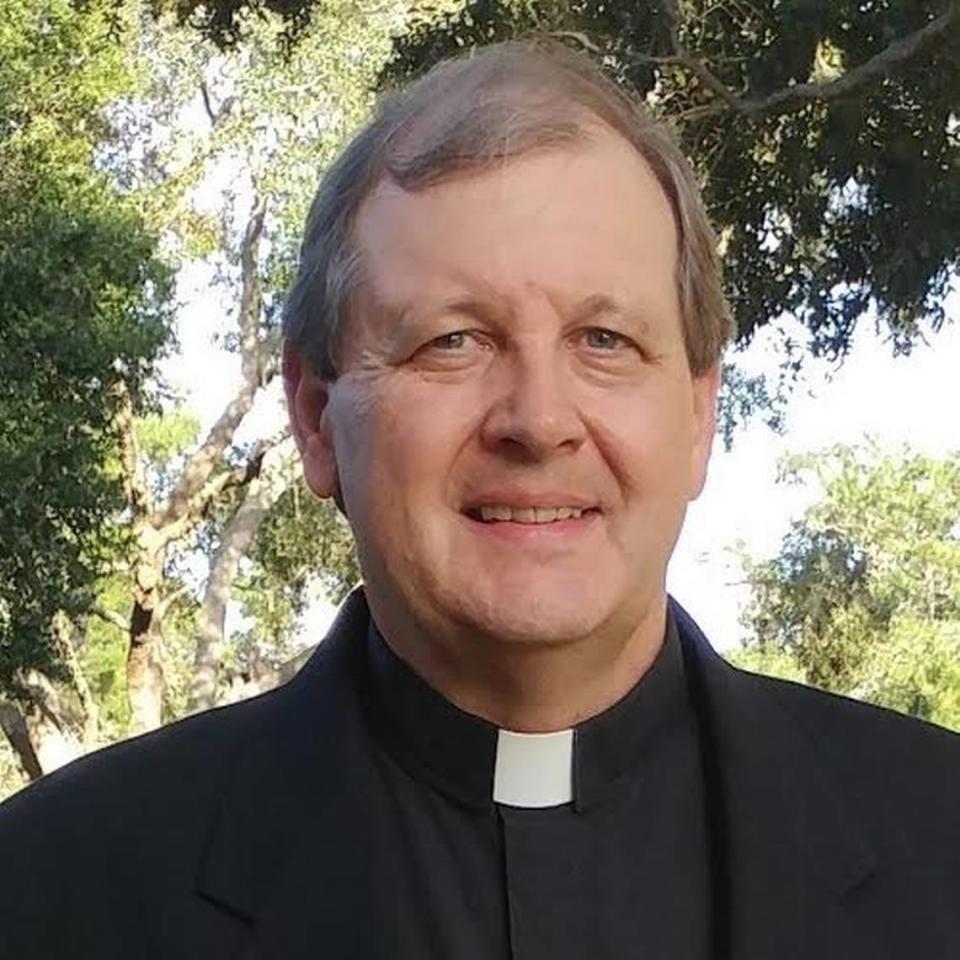Climate change is real. Candidates should not ignore it at the Republican debate | Opinion
As King Tide season draws to a close in Miami, Republicans will hold their third presidential primary debate. on Nov. 8 The issue of climate change was glossed over, and even denied, at a previous debate.
Will candidates hold a more substantive discussion with realistic answers or solutions this time around?
This summer, international climate talks took place in Bonn, Germany, to assess progress on the 2015 Paris Accords. Results, so far, seem underwhelming. The world is not on pace to limit climate pollution to keep global temperatures to 1.5°C.
What’s the practical effect of this limit for people in the United States and across the globe?
The climate science and policy community use the goal to curb warming at “1.5 degrees Celsius” as the standard measure because of the gravity of the harm that occurs if we exceed that. Every tenth of a degree of additional heating brings more extremes in flooding, droughts, temperatures, wildfires and sea-level rise. The number of annual disaster events has more than doubled over the past five years compared with the 40-year average. That’s an alarming increase in the number of lost homes, businesses and lives.
Heat was so bad this summer that night-time temperatures set records. Frequent sunny-day flooding in coastal areas is disruptive as we try to go on about our daily lives. And hurricanes are becoming faster and more intense.
This is a call to increase climate understanding by also setting an upper limit on sea-level rise to make clear what’s at stake. Presidential candidates must realistically assess the risks associated with a warming planet and prove their capability at planning practical and achievable solutions. The upcoming debate is an opportunity for the GOP presidential candidates to do so.
My home state of Florida is especially vulnerable. The pillars of our economy — tourism, agriculture, real estate, construction and ports — are at risk. To continue to be economically viable will require climate pollution reductions at the speed and scale necessary to avoid the very worst implications of warming.
Clearly, we must communicate fully the risks of runaway climate change. To do so, we need a framework that sharpens the public’s imagination on the urgent necessity to address a climate in crisis.
In Florida, we have seen one foot of sea rise since the 1970s. Another foot is baked in from the pollution already in the atmosphere. Beyond two feet, costs skyrocket and the most vulnerable suffer the most.
The overwhelming evidence is clear: We need policies to keep us under this upper limit. The good news is we have most of the technologies needed for a transition to clean energy. The question remains: Do we have the will to move fast enough to keep under the upper limit of sea rise? Such willpower will keep vulnerable places like Florida prosperous.
Only by dramatically reducing climate pollution, can we keep the rate of sea-level rise to a minimum. For each decade of this century, we must set a goal based on the best possible emissions trajectory.
It’s painfully obvious that burning fossil fuels is warming the planet. We’ve known this for a long time and increasingly we see the impact on our daily lives. To avoid the worst implications, we must set an upper limit on sea-level rise on a state, national and global scale and bring into sharp focus what is at risk if we don’t act.
We must protect the viability of coastal communities all over the world. Let’s keep us all above water.
Rev. Dr. Russell L. Meyer leads the Faith Advocacy Office of the Florida Council of Churches and convenes the Florida Interfaith Climate Actions Network.


